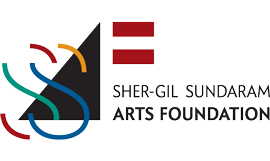
2024 | Haidamteu Zeme N.
SSAF–AAA Research Grant for Archiving Histories of Ideas, Art, and Visual Culture, 2024
Grant Recipient
HAIDAMTEU ZEME N.
Title of the Project
SMALL PLACE WRITINGS: READING TEXT, PLACE, AND PRINT CULTURES IN THE HILLS OF MANIPUR
Sher-Gil Sundaram Arts Foundation (SSAF) and Asia Art Archive in India (AAA in I) are pleased to announce the grantee for the SSAF–AAA Research Grant for Archiving Histories of Ideas, Art, and Visual Culture 2024: Haidamteu Zeme N. for her project Small Place Writings: Reading Text, Place, and Print Cultures in the Hills of Manipur.
Made possible through a collaboration between SSAF and AAA in I, this grant is offered for a one-year period to a research project selected by a jury following an open call in August 2024. This year’s three-member jury comprises historian and women’s studies scholar G. Arunima, film and culture theorist and SSAF Trustee Ashish Rajadhyaksha, and Senior Researcher and Head of AAA in I Sneha Ragavan.
Haidamteu Zeme N.’s project documents print and visual cultures of the hill regions of Manipur, in particular the Tamenglong district inhabited by numerous Naga communities such as the Zeme, Liangmai, Rongmei, and Inpui, among others. Haidamteu’s project emerges from a context where the languages of the hill peoples have been predominantly oral, and “whose histories are primarily archived through narrations, tellings, [and] tones.” Given the sociopolitical and historical landscape of the region, Haidamteu’s project asks: How did people document themselves? How did they imagine themselves? How did they image themselves in print? And how was that conveyed on paper?
Exploring how communities design “print” through the exercise of typography and orthography, Haidamteu documents the diverse histories that material culture reveals through a reading of Stuart Hall’s “passage of forms.” Haidamteu moves past a one-dimensional approach of tracing the history of one periodical, journal, newspaper daily, or printing house, instead expanding the definition of print to record any material that has been “printed.”
Haidamteu’s project also explores instantiations of language in images pertaining to imaging, imagining, and practices of viewing. She asks, “Why is the question of the visual so pertinent in the text? Text speaks an image into paper, the paper translates an image to the reader, the eye listens—my search for the print, the picture, the telling, is a quest for an archive—how do I speak to it, how have those before me spoken to it, and how will those after me meet the archive?”
All collected materials under the purview of the project will contribute to a growing archive of Indigenous communities and futures.
Haidamteu’s grant commences on 1 December 2024.
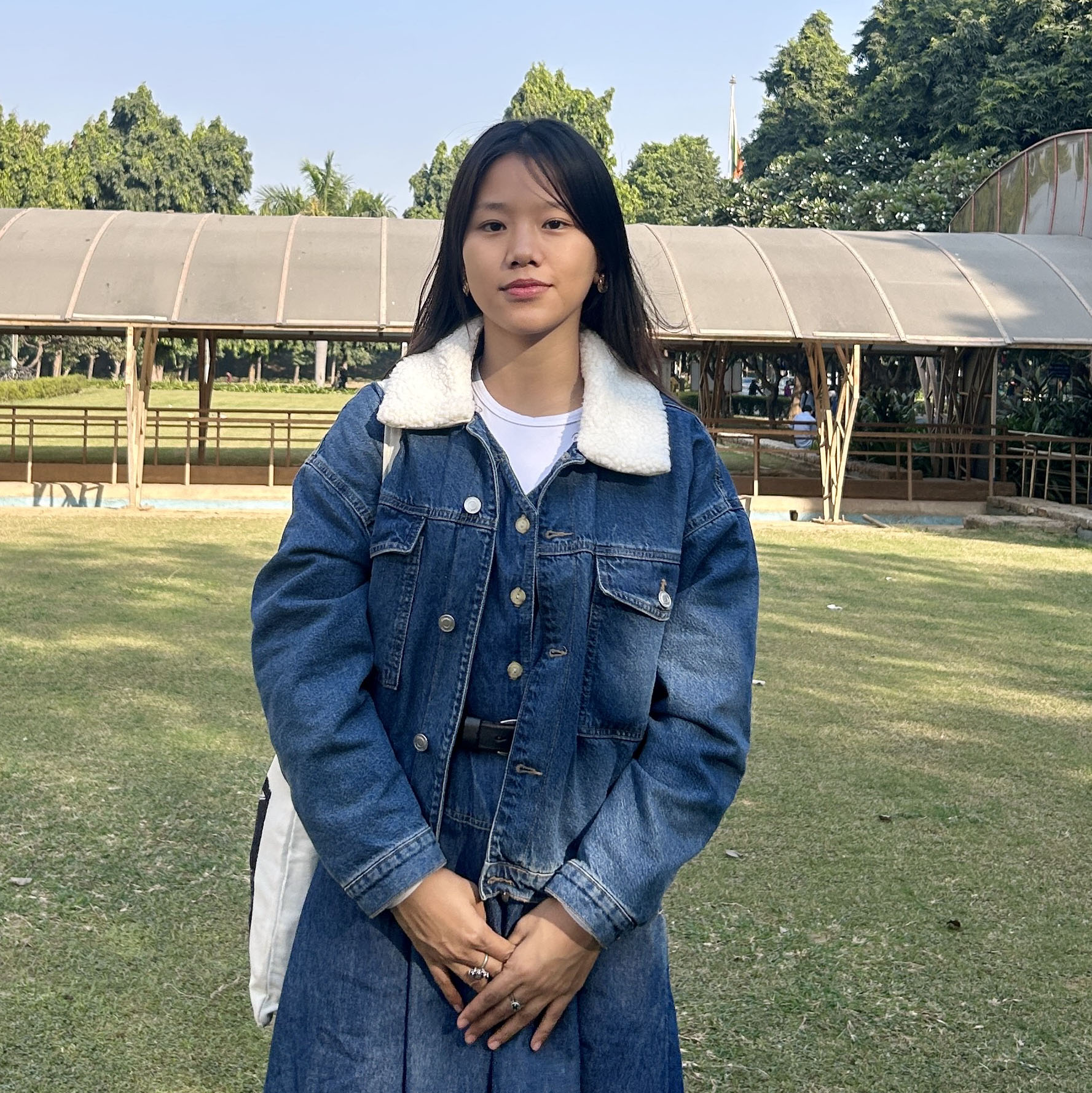
Haidamteu Zeme N. is a doctoral fellow and Teaching Assistant in the Humanities and Social Sciences Department at Indian Institute of Technology Delhi. Her research interests span language, translation studies, and affective archives. She belongs to the Zeme-Naga community of Manipur, India. She was a Zubaan Fellow from 2022–23 and Summer School Fellow at The Highland Institute (Nagaland) in 2024. Her writings on art, translation, and conflict are published in MeMeraki, South Asian Review, and Sapiens. Haidamteu’s work follows Jamaica Kincaid’s 1988 conception of “small places,” and reflects her own experience being in them.
Jury
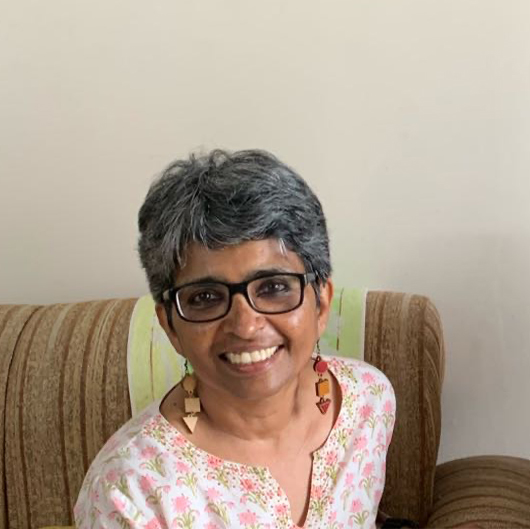
G. Arunima is a historian by training and Professor at the Centre for Women’s Studies, Jawaharlal Nehru University, New Delhi. She has researched and published on both the historical and contemporary contexts of Kerala and India, focusing on cultural, visual, and material texts, and rethinking the politics of the contemporary. Her publications include There Comes Papa: Colonialism and the Transformation of Matriliny in Kerala, Malabar ca. 1850–1940 (Orient Longman, 2003); The Hijab: Islam, Women and the Politics of Clothing, edited with PK Yasser Arafath (Simon & Schuster, 2022); Love and Revolution in the Twentieth-Century Colonial and Postcolonial World: Perspectives from South Asia and Southern Africa, edited along with Patricia Hayes and Premesh Lalu (Palgrave, 2021); and He, My Beloved CJ, (Women Unlimited, 2018), a translation of Ivan Ente Priya CJ, Rosie Thomas’s biography of her iconic litterateur husband, CJ Thomas.
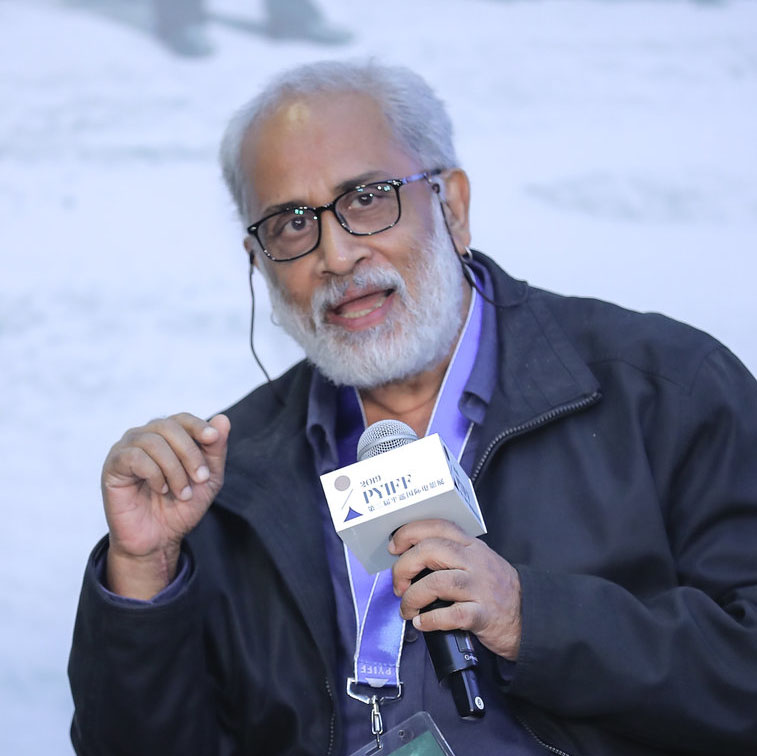
Ashish Rajadhyaksha is a film historian and occasional art curator. He is the author of the Encyclopaedia of Indian Cinema (with Paul Willemen, 1994/1999), Indian Cinema from the Time of Celluloid: From Bollywood to the Emergency (2009), John–Ghatak–Tarkovsky: Citizens, Filmmakers, Hackers (2023), and other books. He co-curated the Bombay/Mumbai 1992–2001 section (with Geeta Kapur) of Century City: Art and Culture in the Modern Metropolis at the Tate Modern (2002), the You Don’t Belong festival of film and video in four cities in China (2011), and Memories of Cinema at the 4th Guangzhou Triennial (2011), and the exhibition Tah-Satah: A Very Deep Surface: Mani Kaul & Ranbir Singh Kaleka: Between Film and Video at the Jawahar Kala Kendra, Jaipur (2017).
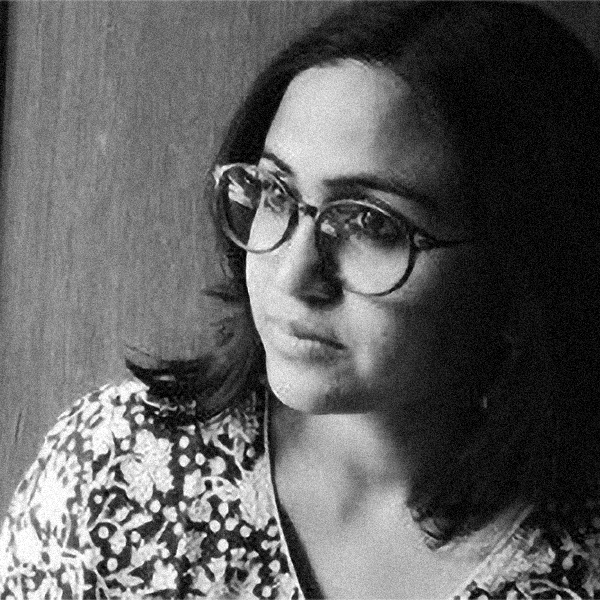
Sneha Ragavan is Senior Researcher and Head of Asia Art Archive in India, a New Delhi–based independent arts organisation established in 2013, and an overseas hub of Asia Art Archive, Hong Kong. Together with colleagues, she works on projects to digitise artist archives, create online bibliographies, edit publications, and organise workshops and seminars on art history and writing in the region.
